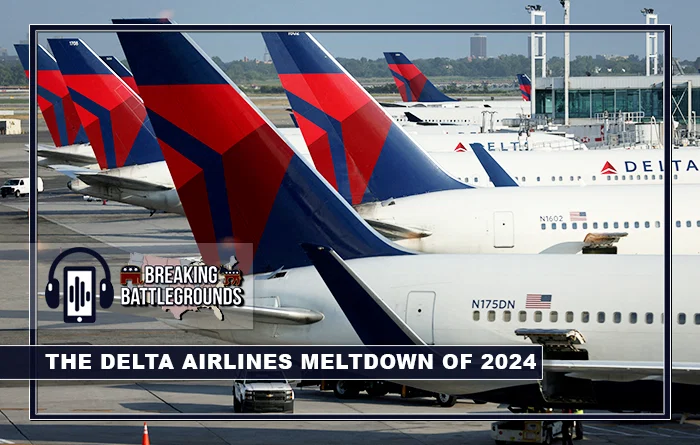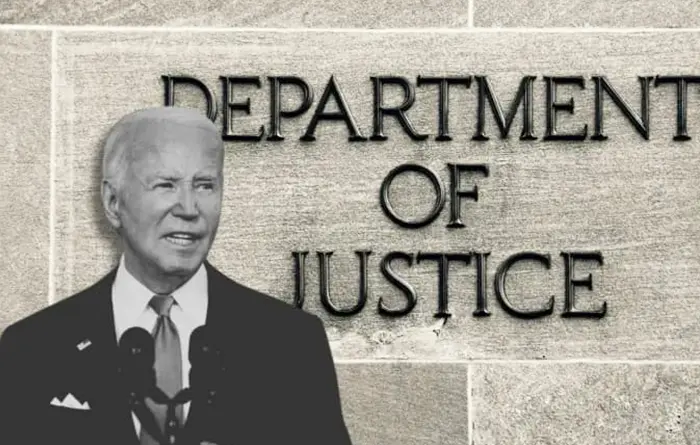By a Commercial Airline Pilot
In July 2024, Delta Airlines faced an unprecedented operational meltdown, disrupting travel plans for tens of thousands of passengers and drawing widespread scrutiny. Delta’s CEO has publicly blamed a vendor software update, but the root causes of this crisis appear to be outdated internal crew scheduling software and poor management of labor resources.
The Initial Trigger: A Faulty Software Update
The crisis began on July 19, 2024, when a software update from cybersecurity firm CrowdStrike caused widespread system failures across Delta’s operations. While Delta initially attributed the meltdown to this update, CrowdStrike later rejected these claims, stating that their software was not responsible for the extent of the disruptions experienced by Delta (Paddle Your Own Kanoo). The faulty update acted as a catalyst, exposing deeper issues within Delta’s operational infrastructure.
Outdated Crew Scheduling Software
At the core of Delta’s prolonged recovery effort was its outdated crew scheduling software. This system, described by Delta as “deeply complex,” was responsible for ensuring that all flights had a full complement of crew members (Axios). However, the antiquated software struggled to keep pace with the airline’s operational needs, requiring significant manual intervention to synchronize crew schedules. This complexity and the resulting manual processes significantly slowed Delta’s ability to recover from the initial software glitch.
The crew scheduling software’s limitations were not new to Delta. Industry experts and internal sources had previously flagged the system’s inadequacies, but the airline had not prioritized upgrading this critical infrastructure. As a result, when the system failed, Delta’s operations were thrown into chaos, revealing the fragility of its internal processes.
Management's Role in the Crisis
Compounding the technical issues was poor management of labor resources. Reports indicate that Delta’s CEO, Ed Bastian, was on vacation in Paris with his girlfriend during the operational failure, a move that drew sharp criticism from both within and outside the company (AOL). This perceived lack of leadership during a critical time exacerbated the situation, undermining employee morale and confidence in the company’s crisis management capabilities.
Many flight attendants and pilots were forced to work extra days to cover the gaps created by the scheduling software failure, leading to widespread fatigue and frustration among the staff (Thrifty Traveler). Some crews who volunteered to help an extra day or two were held hostage at work for multiple days and often forced to find, and pay for, hotel rooms on their own. This mismanagement of labor resources not only hampered recovery efforts but also strained the relationship between Delta’s management and its employees.
The Impact on Passengers
The operational meltdown had a severe impact on Delta’s passengers. Over four days, Delta accounted for the majority of flight cancellations and delays in the United States. In total canceling more than 5000 flights while all the other airlines combined canceled less than a thousand. (Axios). Passengers were left stranded at airports, with little communication from Delta about the status of their flights or their options for rebooking. The airline’s customer service channels were overwhelmed, leading to long wait times and further frustration among affected travelers.
Delta’s failure to promptly address the crew scheduling issues and provide timely updates to passengers drew the attention of U.S. airline regulators. The Department of Transportation launched an investigation into Delta’s handling of the crisis to ensure compliance with passenger rights and refund obligations (ABC10).
Lessons and the Path Forward
The 2024 meltdown at Delta Airlines serves as a stark reminder of the importance of maintaining robust and modern operational systems. Delta’s reliance on outdated crew scheduling software and its poor management of labor resources were critical factors in the severity and duration of the crisis. Moving forward, Delta must prioritize upgrading its internal systems and provide sufficient manual-backup systems to prevent similar incidents from occurring in the future.
In addition to technological upgrades, Delta must also improve its crisis management strategies. This includes ensuring that top executives are available and actively involved during operational crises, fostering transparent communication channels with both employees and passengers, and implementing effective contingency plans to manage unexpected disruptions.
Conclusion
Even though the CEO of Delta Airlines blames the meltdown of 2024 on a vendor software issue, the meltdown was exacerbated by deeper, systemic issues within the airline’s operations. Outdated crew scheduling software and poor management of labor resources played significant roles in prolonging the disruption and impacting thousands of passengers while the CEO jetted off to Paris.
For Delta, this incident should serve as a wake-up call to modernize its infrastructure and enhance its crisis management capabilities. By addressing these critical areas, Delta can restore confidence among its employees and passengers and ensure more resilient and reliable operations in the future.
Note: This article was written by a commercial airline pilot who has chosen to remain anonymous. The pilot was vetted by Breaking Battlegrounds’ staff. The views expressed in this article are those of the pilot and not the opinions of Chuck Warren or Sam Stone.
























